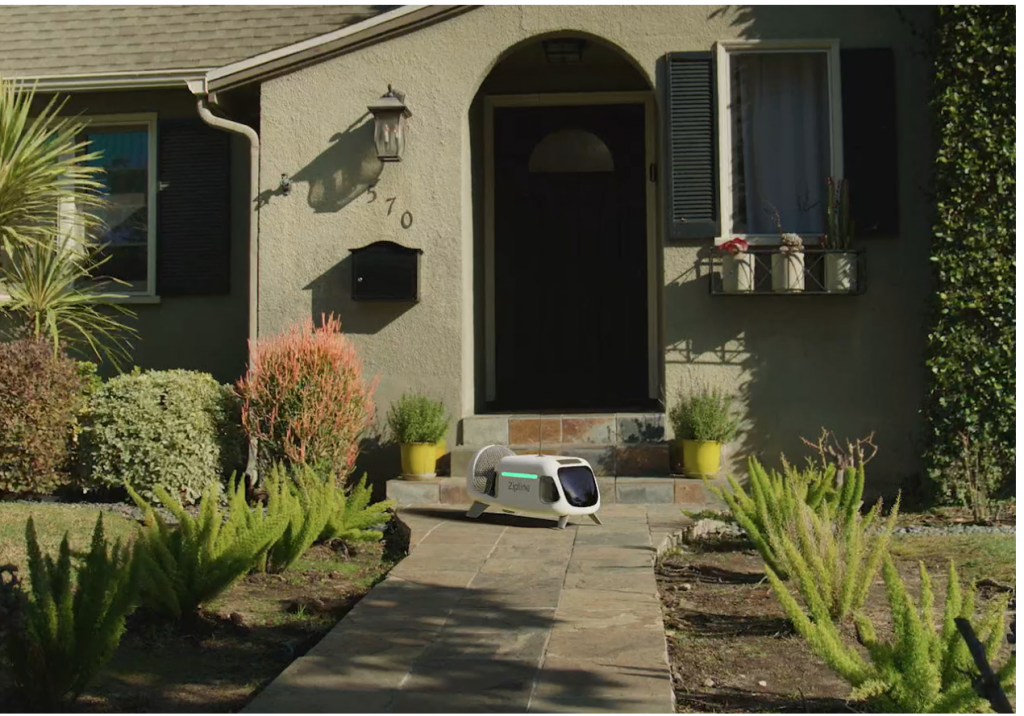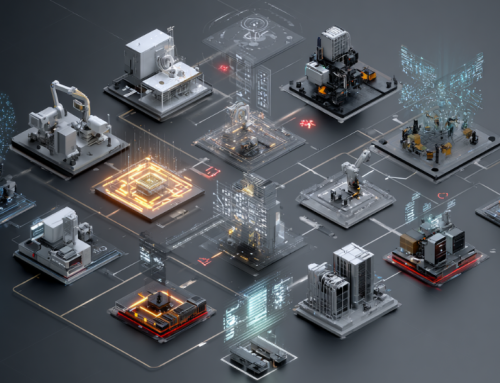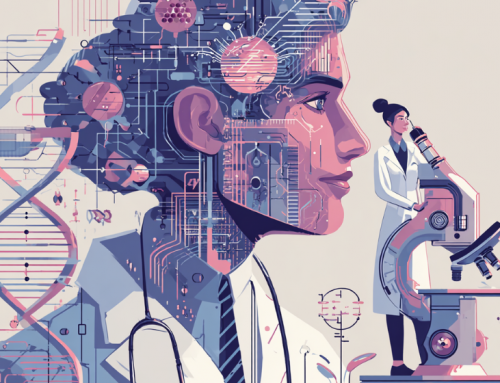
A Zipline droid lowered on a tether by an electric drone hovering above sits in front of a house where it can unload a package and be raised back up before flying away. The delivery is quiet and precise. (Source: Zipline)
Zipline Drones Seeking Clearance from FAA for Environmentally-Friendly Home Pizza Delivery
For more than 20 years, Matt Galvin of Pagliacci Pizza has been dreaming of using drones to deliver one of Seattle’s favorite pizzas. Pagliacci Pizza has signed on with Zipline, a drone delivery platform that hopes to take some land-based vehicles out of the equation and speed the process of getting goods to people’s homes.
This might be the year a small piece of The Jetsons comes to life.
Zipline — a graduate of Techstars Seattle in 2011 — already operates a long-range autonomous drone platform that has been used to deliver medical supplies, blood, and COVID-19 vaccines in a handful of African nations. The Seattle-based Bill & Melinda Gates Foundation has backed such efforts.
The company unveiled its Platform 2 home delivery system in March, promising a quiet, fully-electric machine within a 10-mile radius. It safely hovers 300 feet over a delivery destination and gently lowers a droid on a tether to drop a package weighing six to eight pounds.
“It’s mind blowing to think about how it’s gonna work,” said Matt Galvin, who has been co-owner at Pagliacci, a 44-year-old chain, since 2000. “Having seen it, it’s unbelievably cool.”
There are significant logistical hurdles to overcome, including Federal Aviation Administration guidelines. The agency said in a statement that “safely integrating drones into the National Airspace System is a key priority for the FAA.” So far this business duo has cleared several of the FAA’s hurdles.
Watch the video below to see how this operation might soon be flying into a neighborhood near you.
A stop-drop-and dinner is served with Zipline’s drones. (Source: Zipline)
Zipline has already been proving its aerial drone service is a viable option for delivery in remote areas. For instance, it’s dropping medicines in African villages that can’t wait for delivery by road vehicles. In the United States, Zipline is doing drone delivery in North Carolina, Arkansas, and Utah with its P1 drone, which drops packages via parachute. The startup is among aircraft providers working with Walmart, which completed 6,000 drone deliveries in 2022. The retail giant said in January that it had expanded drone delivery to 36 delivery hubs in seven states last year.
Clearly, this isn’t just a toy for hobbyists. Zipline is competing with a few other drone delivery services and has raised large sums of money.
Founded in 2011, the South San Francisco-based startup is valued at about $4.2 billion, according to Forbes. The company raised $330 million in an April funding round and has raised more than $800 million total, according to Pitchbook and others. Its endeavor is not just to make money, but also to reduce the carbon footprint that delivering pizza the old way leaves behind.
“I do think that we as a society need to innovate around distribution,” Galvin said. “There will always be vehicles, and there will likely be combustion vehicles, but it can’t just be one 3,000-pound vehicle delivering a four-pound payload in perpetuity. That doesn’t seem like our best strategy.”
However, bringing any man’s dream to life can be costly. Wired reported in April that Amazon’s drone delivery dream is “crashing” as it’s been hit by technical and regulatory setbacks, missed targets, and layoffs.
Matt Galvin’s Pagliacci Pizza and Zipline may help change the way the world does business, even if it’s one pizza at a time.
read more at geekwire.com







Leave A Comment